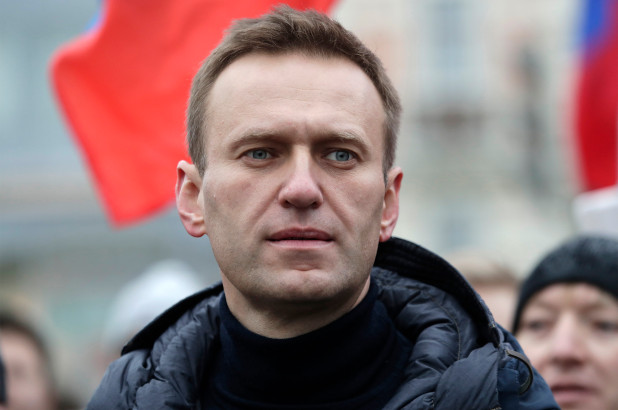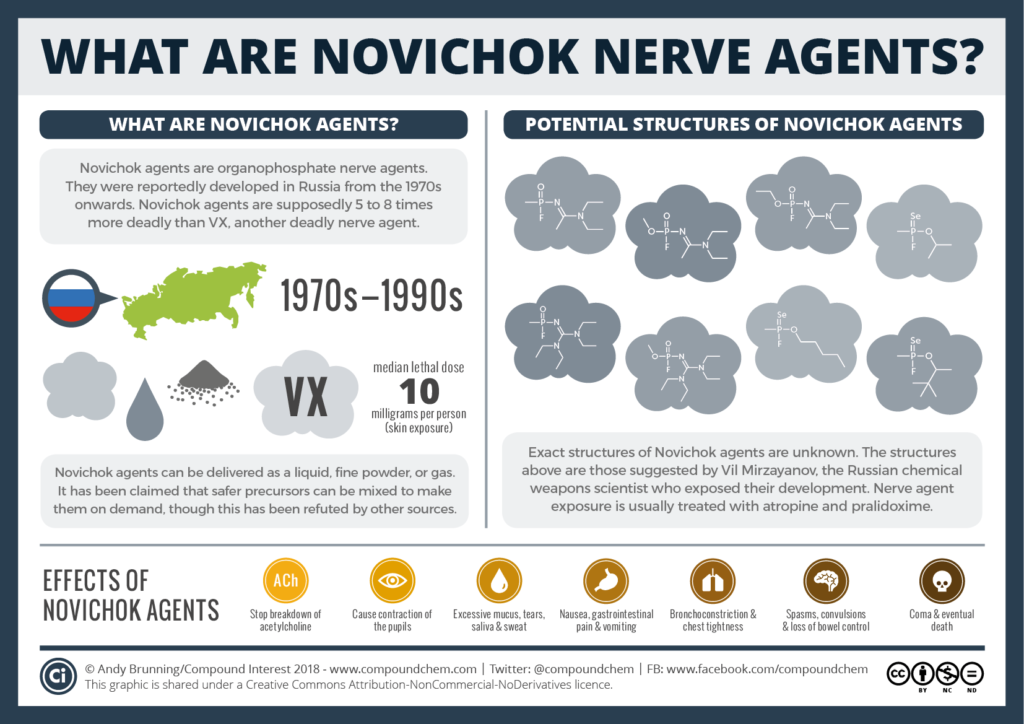
Image Credit: AP
Berlin – On September 2, the German government confirmed via lab tests that Russian opposition leader Alexei Navalny was poisoned by Novichok, a Soviet-era nerve agent. German authorities also confirmed the poisoning. In Berlin’s Charite hospital, Navalny is now out of a coma and he is responding to verbal stimuli.
Navalny was flown to Germany on August 22, after a bout of illness on an August 20 domestic flight in Russia. His spokesperson, Kira Yarmysh, said the only thing Navalny drank was a cup of tea in Tomsk, Siberia, his city of departure.
Lewis Nelson of Rutgers New Jersey Medical School weighed in on the effects of Novichok. Nelson said to the Current Affairs Times that there are potentially “hundreds” of agents that form a “Novichok family,” making it difficult for German physicians to identify the correct Novichok agent in Navalny’s system. Depending on the “potency” of the poisoning, it could also prove difficult for the German doctors to technologically trace the poison in Navalny’s body.
Nelson added that Navalny will most likely remember the timeline of August 20, up until the moment he experienced a symptom common of Novichok-related poisoning — an inability to breathe properly while paralyzed. According to Dr. Nelson, typically after surgery, a patient will not remember being unconscious but he or she will remember the events prior to being anesthetized. Similarly, in the Russian poisoning case, Nelson said that Navalny’s recollection of events depends on how long he was not breathing properly on his own.

“When you see a relatively healthy, middle-aged person sort of just collapse like that, poison does rise high on the list,” Nelson said to the Current Affairs Times. He said if there was another cause for Navalny’s illness like a stroke or heart attack, “we would’ve been able to find that pretty easily.”
In 2018, Novichok was also used in Great Britain to poison the former Committee for State Security (KGB) spy, Sergei Skripal, and his daughter, Yulia.
Russia has denied involvement in poisoning Navalny. Kremlin spokesperson, Dmitry Peskov, said “I’d rather be careful about speaking of accusations against the Russian state,” according to the Interfax news agency. Peskov continued by saying, “We aren’t inclined to accept any accusations in this context.” He also said tests Navalny took before his flight revealed no toxic substances in Navalny’s system. Russia’s foreign ministry has said it is “waiting for a response to the request from the Prosecutor General’s office.”
German Chancellor Angela Merkel denounced the attack as attempted murder and a crime against German values. Following Moscow’s statement on the poisoning, Germany will consult with NATO and the EU on how to move forward. In demanding Moscow comment on Navalny’s poisoning, Merkel said, “The world is waiting for answers.”
Fernando Arias, Director-General of the Organization for the Prohibition of Chemical Weapons, said “Under the Chemical Weapons Convention, any poisoning of an individual through the use of a nerve agent is considered a use of chemical weapons. Such an allegation is a matter of grave concern.”
Navalny believes in 2019 he was previously poisoned while being held on administrative arrest following peaceful demonstrations. At the time, Russian authorities said Navalny was suffering from an allergic reaction.
Navalny was also attacked by pro-Kremlin groups in 2017 when they threw antiseptic in his face. Over the past decade, Navalny has investigated Russian officials over corruption and abuse of office. Additionally, he has built an online presence by organizing anti-Putin protests.
In an interview with NPR, former CIA Chief of Russia Operations Steven Hall says “…this is something that the Russian intelligence services have been doing for literally decades, if not longer.” If Russian intelligence services will continue these practices, will Western governments and organizations hold Russia accountable? Will Russia target politicians from other countries?
Image Credit: AP
Sources:
- “Alexei Navalny poisoned ‘without a doubt’ by Novichok nerve agent, Germany says”
- Current Affairs Times exclusive interview with Lewis Nelson of Rutgers University
- “Russian opposition leader Alexei Navalny is out of coma and responsive after a suspected poisoning, hospital says”
- “‘No Doubt’ That Navalny Poisoning Was Russian Operation, Former CIA Russia Chief Says”
Lead developer and editor; legal/political reporter for the Current Affairs Times. World traveler. Mac 'n' cheese lover.



